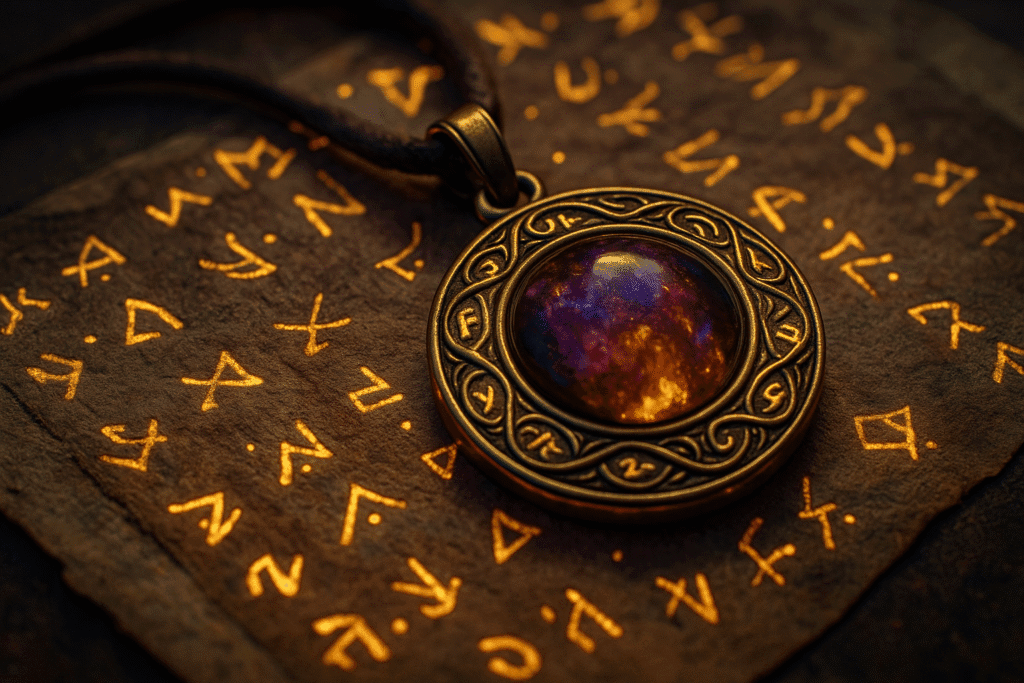There’s an old saying in the Grim Tavern: “Gold’s easy. Gratitude’s earned.”
I’ve seen more than a few campaigns fall apart because the loot got too loud, too early. Players are meant to grow into power, not trip over it in a mimic’s mouth. But if you go too lean, they’ll feel like every fight was for breadcrumbs.
The art of loot is walking that line: rewarding your players without breaking your world. Here’s how I do it—and a few tales from our staff to prove just how strange, satisfying, or chaotic good loot can be.
Know What They Value
Not every player wants magic items. Some want coin, yes—but others chase:
- Influence or status
- Unique materials or crafting components
- Favour from powerful NPCs
- Secrets, maps, or story reveals
A bard once asked me for “a kiss from a vampire and a song older than war” instead of gold. I gave him both. He still thanks me.
Start by asking yourself: what does this party actually value?
Gold Isn’t the Goal—It’s the Gateway
Giving out 3,000 gold pieces is forgettable. But giving the deed to a crumbling manor that they now owe taxes on? That’s adventure fuel.
If the loot leads to new problems, it keeps your campaign moving. Want to give something shiny? Make sure it’s got strings attached.
STAFF STORY — CAIDEN “QUICKFOOT”
“One time I gave the rogue a box of platinum with a note inside: This belongs to the Crows. We’ll be in touch. She kept it anyway. We played three extra sessions just to deal with the fallout.”

Magic Items: Less +1, More +Fun
Magic items should make players grin, not just boost numbers. Anyone can hand out a +1 sword. But a rapier that glows blue when someone lies nearby? That changes the room.
If you want to hand out power, tie it to conditions, lore, or character arcs:
- “This staff only works in moonlight.”
- “This shield once belonged to your grandfather. You’ll need to earn it.”
- “This blade gets stronger the more times you use it to spare someone.”
Want inspiration? Check out Designing Memorable Magic Items.
Let the Loot Tell a Story
The best rewards don’t just equip your players—they expand the world. A dragon’s hoard should hint at its past. A goblin’s locket might point to a missing noble.
Loot is worldbuilding. Let it answer questions players didn’t know they were asking.
STAFF STORY — JANE “WHISPERQUILL”
“I once gave the party a ring engraved with a family crest none of them recognized. Months later, they met the NPC whose house had that same crest above the fireplace. One player cried.”
Avoid “Monty Haul” Syndrome
The biggest mistake I see from new DMs? Dumping too much loot too fast. Players leapfrog power tiers, monsters feel weak, and suddenly nothing’s a challenge.
Ask yourself:
- Can they buy their way out of every problem now?
- Are they skipping content because they’re too strong?
- Do they expect treasure every time they lift a rock?
If yes to any of the above, scale it back.
Customise Per Player
Not every reward has to be split evenly. Some of the best loot is personal.
- A bow with a rune that matches the ranger’s tribe
- A spell scroll of a spell the wizard just mentioned wanting
- A letter that reveals something about the rogue’s family
Players remember when the game remembers them.
Final Thoughts from Mike about the Art of Loot
Loot isn’t about numbers. It’s about meaning.
Make rewards feel earned, not handed out. Make them strange. Make them story hooks. And for the love of the gods, don’t give your 3rd-level party a flying carpet unless you’re ready to deal with rooftop chases.Balance comes from knowing your players, your world, and the rhythm of reward. Do that, and your loot becomes more than treasure.
It becomes a legend.
— Mike “Silver-Tongue”, who once gave a party an empty treasure chest that led to an entire arc, and yes, they still talk about it

